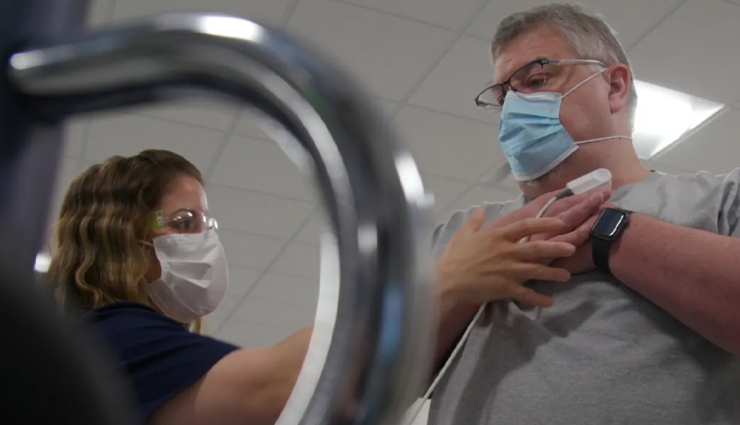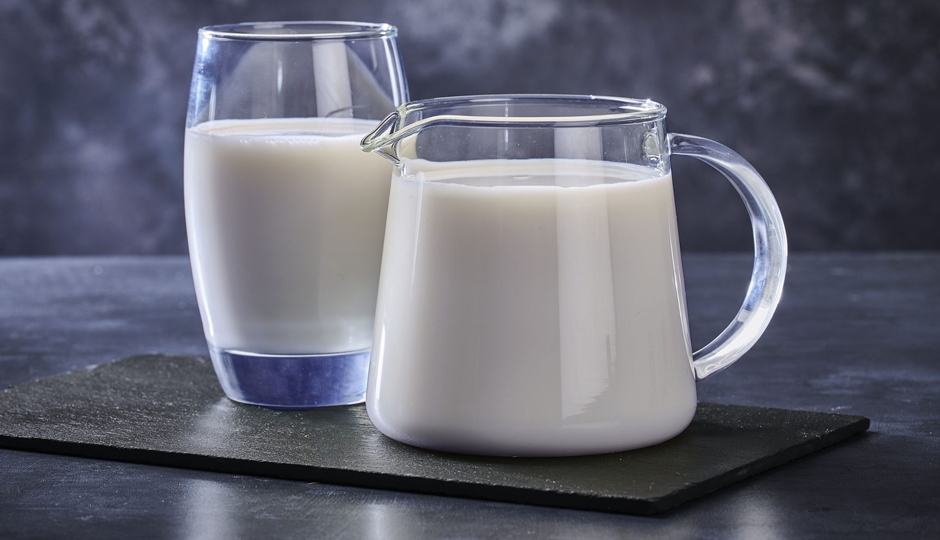- Home›
- Healthy Living›
- 9 People That Are Prone To Blood Clots
9 People That Are Prone To Blood Clots
By: Mansi Sat, 17 May 2025 3:04:37

Picture this — you're down with a viral fever that requires a blood test, but you also have a crucial work presentation to prepare.
What would you do?
Most of us would likely choose to get the blood test done first and postpone the presentation. Why? Because we tend to prioritize our health over everything else — and rightly so!
Taking care of your health is essential, because without it, leading a fulfilling and enjoyable life becomes incredibly difficult. Even something as minor as a headache can affect your ability to enjoy your surroundings, so imagine the challenges faced by those battling serious health conditions.
Chronic or incurable illnesses can significantly disrupt daily life and prevent individuals from engaging in routine activities.
For example, cancer patients often find themselves unable to do things they once enjoyed — like running, eating freely, or travelling — because of the toll the disease takes on their body.
That’s why it’s so important to make your health a top priority and take every possible measure to prevent illnesses.
While every disease has its own set of causes and risk factors, some can even develop without a clear reason.
We’re all familiar with conditions like heart attacks and strokes, which are often linked to blood clots — a serious and potentially fatal health issue.
These clots form when blood hardens and coagulates in the arteries, obstructing proper blood flow and leading to life-threatening consequences.
So, who is most at risk?
Let’s look at 9 groups of people who are more prone to developing blood clots than others.

# Individuals Who Are Overweight
If your Body Mass Index (BMI) is above the healthy range, classifying you as overweight or obese, you’re at an increased risk of developing blood clots. Excess fat in the body can influence blood composition and encourage clot formation in the arteries.

# Smokers
While it's widely known that smoking harms your health, not everyone realizes it can also contribute to blood clots. The toxins and nicotine in cigarettes damage blood vessels and promote clotting by thickening the blood and narrowing the arteries.

# Pregnant Women
Pregnancy brings about significant hormonal changes, including a rise in oestrogen levels. In some women, elevated oestrogen can increase the risk of blood thickening and clot formation.
# Women on Birth Control Pills
Many women rely on oral contraceptives to prevent pregnancy. However, these pills also raise oestrogen levels, which in turn may contribute to an increased risk of developing blood clots.

# People With Inflammatory Conditions
Chronic inflammatory diseases affecting the heart, lungs, kidneys, or other organs can release inflammatory agents into the bloodstream. These agents may trigger clot formation as part of the body’s immune response.
# Those Suffering From Infections
Internal infections can introduce harmful microbes into the bloodstream. These pathogens can alter blood consistency, potentially leading to clotting in affected individuals.

# People With Sedentary Lifestyles or Desk Jobs
Long hours of sitting—especially without movement—can hinder blood circulation. Poor circulation may cause blood to pool and harden, resulting in clots, particularly in the legs.
# Genetic Predisposition
Sometimes, blood clots occur due to inherited genetic factors. If blood clots run in your family, you may have a higher chance of developing them yourself, even without obvious risk factors.
# History of Blood Clots
If you’ve experienced blood clots in the past, your chances of developing them again increase. Prior episodes can indicate an underlying condition or susceptibility that requires careful monitoring.





